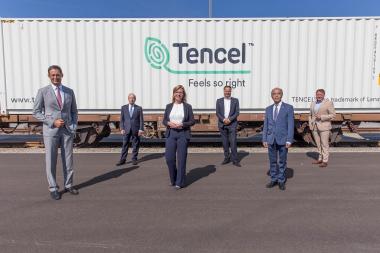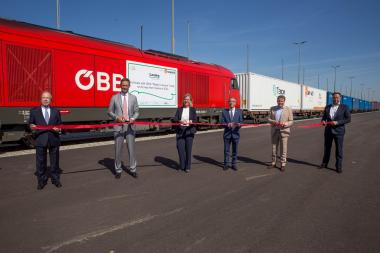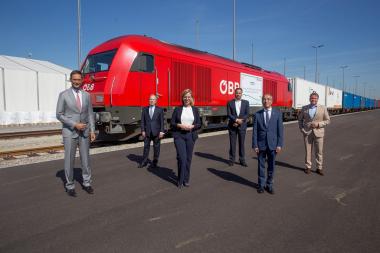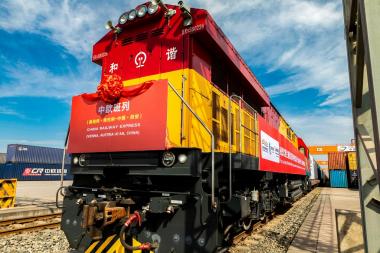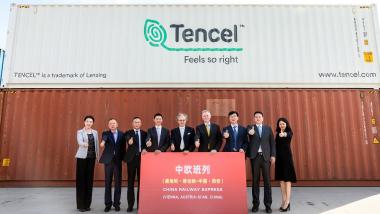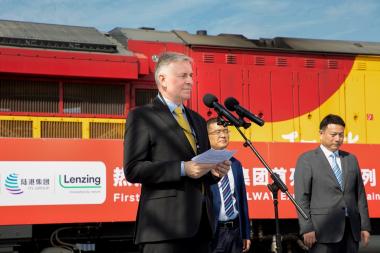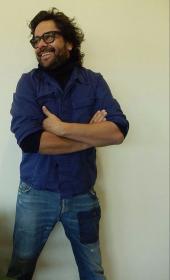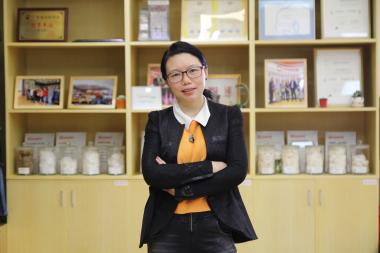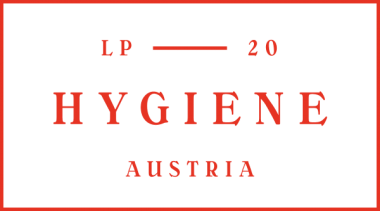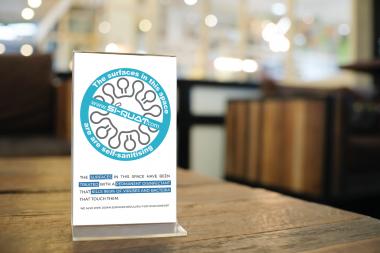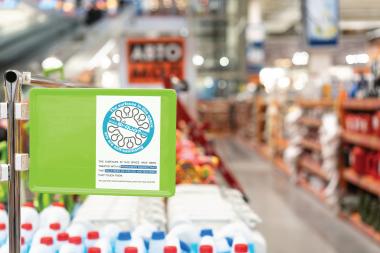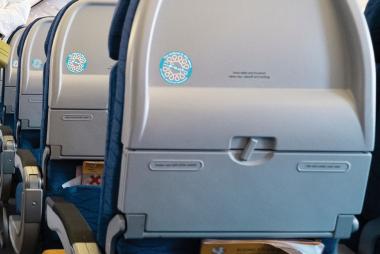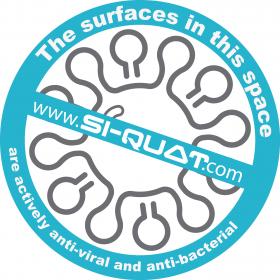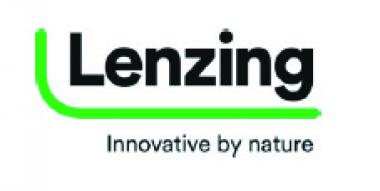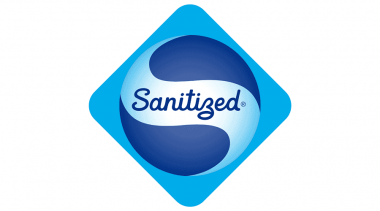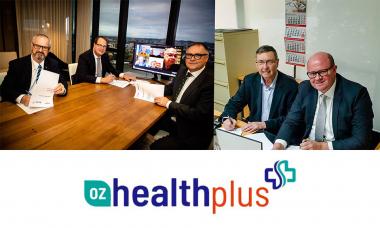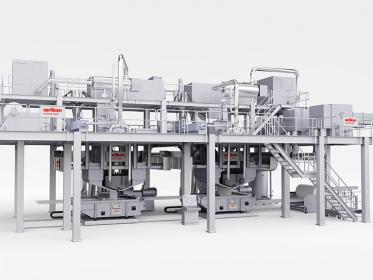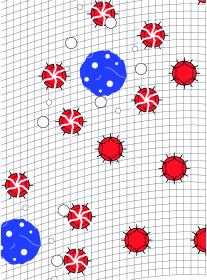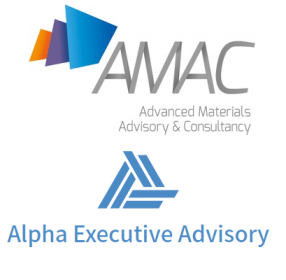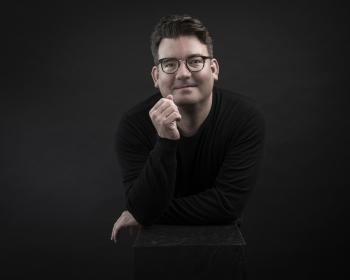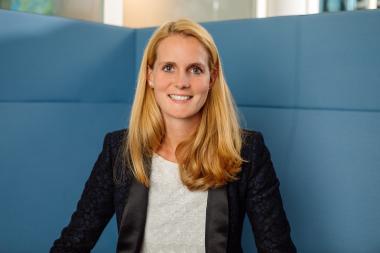First direct complete train with Austrian TENCEL™ fibers arrives in China after 16 days
- The Lenzing Group was the first Austrian company to send goods 100 percent “Made in Austria” by train directly to China.
- The train loaded with TENCEL™ fibers reached Xinzhu station in Xi'an on September 05.
Xi’an, China – The Lenzing Group is breaking new ground due to the short-term increase in demand for sustainably produced fibers from Chinese customers. For the first time, the company delivered wood-based cellulosic fibers, which are produced at the Austrian sites in Lenzing and Heiligenkreuz, directly to China by train. Thanks to this new transport route, Lenzing is able to meet the urgent demand of its Chinese customers twice as quickly as by the usual sea freight.
The first complete train with goods 100 percent “Made in Austria” started on August 20 in the presence of Leonore Gewessler, Federal Minister for Climate Action, Environment, Energy, Mobility, Innovation and Technology, His Excellency Xiaosi Li, Ambassador of the People's Republic of China in Austria, Stefan Doboczky, Chief Executive Officer of the Lenzing Group, Thomas Kargl, Board Member of the ÖBB Rail Cargo Group, Erwin Cootjans, Chief Executive Officer of Nunner Logistics, and Erich Hampel, Chairman of the Board of the B&C Private Foundation, at the Vienna South Terminal and reached his destination on September 05 at the Xinzhu train station in Xi'an, China. The train loaded with 41 containers with TENCEL™ branded lyocell and modal fibers and a total value of EUR 1.8 mn, passed a total of 10,460 km in seven countries: Austria, the Czech Republic, Poland, Belarus, Russia, Kazakhstan and China.
The first Lenzing fiber train was received in a grand ceremony on Tuesday, September 08 at the container terminal in Xi'an. Numerous guests, including the Austrian ambassador to China, Friedrich Stift, representatives of the Xi'an Municipal Government, the China Railway Xi'an Group, the Xi'an International Trade & Logistics Park as well as representatives of the Lenzing Group, the China National Textile and Apparel Council, Lenzing customers and the media attended the ceremony.
In his speech, Friedrich Stift, Austrian ambassador to China, emphasizes the importance of international trade and sustainable development: “The delivery of Austrian-made products through the CHINA RAILWAY Express adheres to the sustainable concept of Lenzing. Since China and Austria signed the bilateral railway cooperation agreement in 1994, the two countries have maintained good cooperation in the railway field and will continue to do so in the future. China is Austria's largest partner in Asia, and it is believed that after the outbreak of the corona crisis bilateral trade will normalize in 2021.”
“This is the first time for the Lenzing Group to deliver Austrian-made TENCEL™ branded fibers directly to Chinese customers. The Silk Road has been a main transport route between Europe and Asia since ancient times. Chinese consumers affectionately call TENCEL™ fibers ‘Silk from Heaven’. The China-Europe Express can reduce the transport time between Europe and China by half, thus meeting Chinese customer’s demand for environmentally friendly fibers more quickly”, states Hu Jian, Senior Vice President of the Lenzing Group for North Asia.


